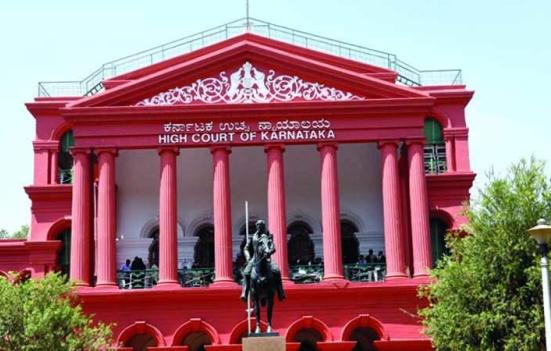Kriti Agrawal
The Karnataka High Court instructed the state government to make every effort to ensure that the plan is properly implemented. The State Health Department is focusing on several areas of Covid-19 (second wave). However, the SUCHI plan can be dismissed as such.
Under the program, sanitary napkins are supplied to adolescent females aged 10 to 19 who are enrolled in schools or sleeping in hostels.
The initiative benefits a total of 17,06,933 adolescent girls throughout the state. However, due to budget constraints, the procurement of sanitary napkins for distribution to adolescent females was not made during the years 2019-20, 20-21.
The state administration had previously filed a memo advising the Court that the technical committee will meet by the end of April 2021and that administrative clearance would be sought in May 2021, with the procurement to be completed within 90 days.
The government counsel notified the Court that due to the second wave of Covid-19, government officers were unable to attend work, and hence the technical committee meeting could not be placed.
As a result, Justice Nagarathna stated “The meeting must be held in June, administrative approval must be obtained in June, and procurement must be completed within 90 days. It is simple to hold online meetings (zoom meetings). I took a lesson for judicial officers at the judicial Academy today at home, and I came because I wanted to. You must use technology to assist you, but you must also apply the SUCHI system.”
The Court also stated that “We are forced to establish the aforementioned timetable in order to ensure that the SUCHI plan is not implemented while the health department is dealing with difficulties related to the Covid-19 outbreak (second wave). It is important to emphasize that the SUCHI program for adolescent girls aged 10 to 19 years is designed to ensure that such girls do not miss school on menstruation days, as well as to ensure their health and cleanliness, and thus the attendance of females in schools.”
The order was issued during a hearing on a petition brought by the Anti-Corruption Council of India.
The Court has ordered the state government to produce a status report on the above-mentioned orders by July 1.
The subject of infrastructure to be made available to schools will be discussed at the next meeting.

